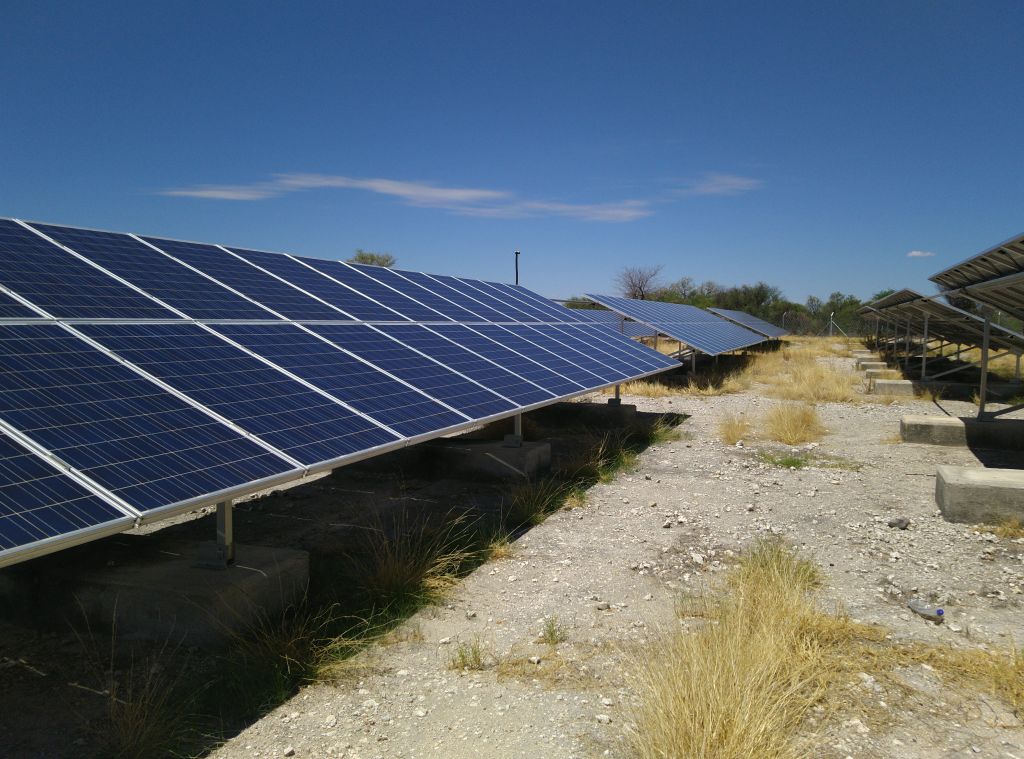Karin Amukugo Fröhlich, PhD, Post-doc researcher, Aalto University
Electronic government (e-government) developments in Africa remain at a periphery when compared to the world trend. Chief among the challenges is the lack of supporting infrastructure in rural areas. Leading African e-government adopters are advocating and promoting connectivity in rural areas. South Africa, for example, Namibia’s neighbor and the 2nd most developed African country in terms of e-government, is working on ambitious projects to promote connectivity in rural areas. This is clearly reflected in the National Broadband Policy of 2013 and the development of information and communication technology (ICT) access points in rural areas known as telecenters that are meant to promote ICT skills and access to government services through electronic means.
The Fusion Grid project has brought mobile access and digital platforms to marginalised rural areas. In the case of Okalevona/Revon C under the Oniipa Town Council (OTC) in Namibia, the project has set up the ICT infrastructure powered by solar panels with batteries. WiFi hotspots and a 4G backbone connect the remote village to the digital world. The members of the community have been provided with smartphones to access the WiFi and a laptop for system configuration and maintenance purposes.
The aim has been to extend e-government services to this previously disconnected area through the introduction of a community network. Due to popularity of the WhatsApp service among the members of the community, a chat group was established to maintain contact and exchange information between the beneficiaries and the project sponsors/consortium.
The beneficiaries have expressed ultimate satisfaction with the project as they can now access Internet, which has been provided for them during the project at no cost. This connectivity and access to communication services is important for livelihood. It has enabled some beneficiaries to market their small-business products and even make demonstrations through video calls. Furthermore, access to Internet is playing a pivotal role in facilitating mobile learning for school kids during the national lockdown caused by the Covid-19 pandemic.
While the Fusion Grid project has been a success in terms of meeting its goals, a few isolated challenges remain. For example, there is a brief loss of connectivity during system updates and some unanticipated loss of connectivity arising from broader challenges by the Internet service provider that links the village to the outside digital world. However, these challenges are considered relatively minor in the overall setting. Therefore, the project looks forward to expanding its connectivity to nearby beneficiaries. Such extension would broaden access to e-government services to even more citizens and, at the same time, offer rural dwellers improved job opportunities and options to make a living.
